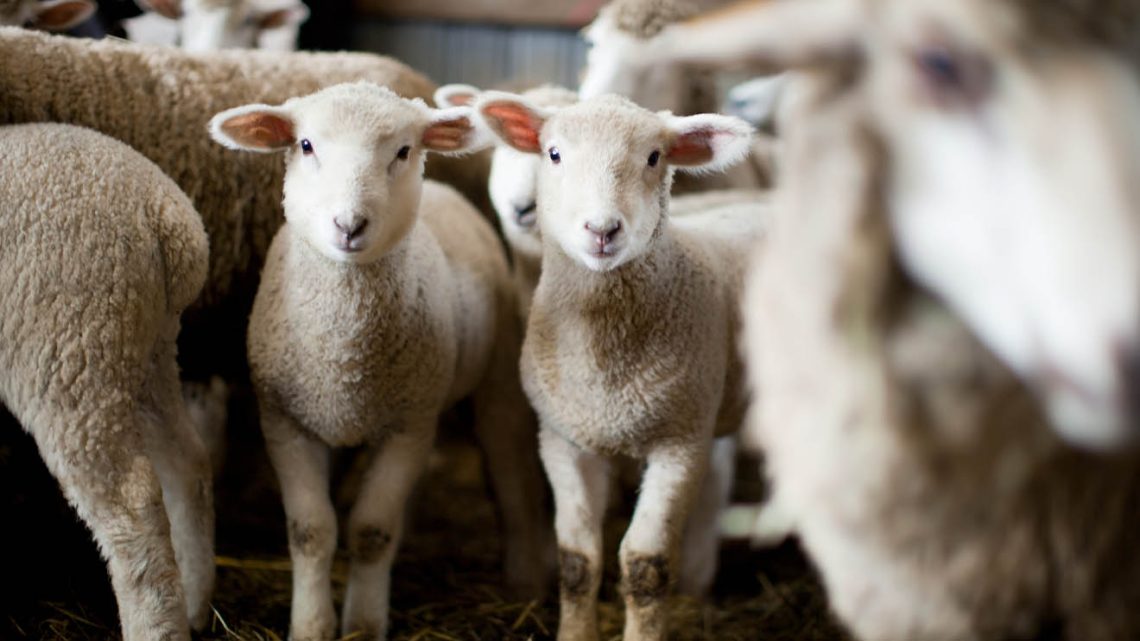Sheep farming is an essential component of the agricultural industry, contributing significantly to the economy and providing various products from wool to meat. However, like any sector, گوسفند زنده شیپ نوین livestock agriculture is subject to a web of regulations and compliance standards aimed at ensuring animal welfare, food safety, environmental sustainability, and more.
Understanding and adhering to these regulations is crucial for farmers, as failure to comply can lead to fines, reputational damage, and, more importantly, compromises the well-being of the animals and consumers’ safety.
Animal Welfare Standards:
One of the primary concerns in sheep farming is maintaining high animal welfare standards. Regulations regarding sheep housing, transportation, handling, and veterinary care are put in place to ensure that the animals are treated humanely throughout their lives. For example, there are guidelines specifying the space required per sheep in a pen, regulations for feeding and watering practices, and protocols for handling during shearing and transportation.
Health and Disease Management:
Sheep farming is susceptible to various diseases that can impact not only the flock but also human health. Compliance standards in this area revolve around vaccinations, disease prevention measures, and the use of medications. Farmers need to follow strict protocols to prevent the outbreak and spread of diseases like foot-and-mouth disease, anthrax, or more common ailments like parasites that can affect sheep.
Environmental Regulations:
Environmental sustainability is a growing concern in agriculture, and sheep farming is no exception. Regulations are in place to control issues such as waste management, grazing practices, land conservation, and water usage. These measures aim to mitigate the environmental impact of sheep farming, ensuring that it remains sustainable for the long term.
Food Safety and Quality Assurance:
For products derived from sheep, such as meat and wool, strict standards are enforced to guarantee food safety and quality. Regulations cover aspects from the feeding and handling of sheep to the processing and packaging of products. Farmers must adhere to hygiene standards, proper storage, and transportation protocols to ensure that the end products meet the required safety and quality benchmarks.
Challenges and Opportunities:
While these regulations are designed to protect various aspects of sheep farming, they can present challenges for farmers. Compliance often involves additional costs, administrative burdens, and the need for continuous education and adaptation to evolving standards. However, it’s crucial to recognize that adherence to these regulations also presents opportunities. Compliance can improve market access, enhance consumer trust, and contribute to the long-term sustainability and success of the farm.
Conclusion:
Navigating the complex landscape of regulations and compliance in sheep livestock agriculture is a multifaceted task for farmers. It requires a delicate balance between meeting legal requirements, ensuring animal welfare, maintaining environmental sustainability, and producing high-quality products.
Efforts to streamline regulations, provide support and resources for farmers to comply, and ongoing dialogue between regulators and the farming community are essential to foster a thriving and responsible sheep farming industry.





